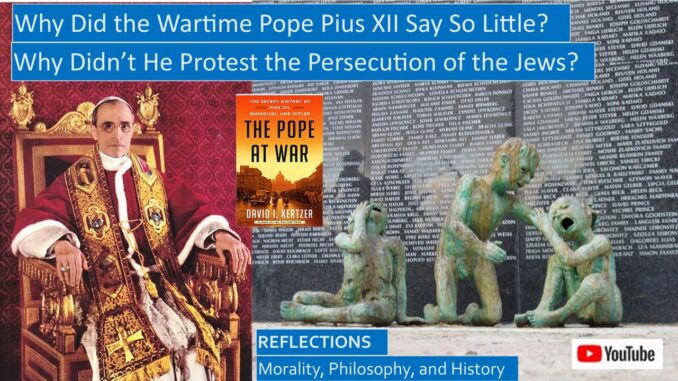
The major questions raised about the wartime policies of Pope Pius XII were:
Why did the pope say so little when the Nazis were committing brutal atrocities, both against Jews and also Catholics in Poland?
Why did the pope not protest more forcefully against the persecution of the Jews?
Pope Pius XII, Wartime Pope, Could the Pope Have Done More To Save the Jews?
This YouTube video: https://youtu.be/ONnAcLLBNog
Script with Amazon book links: https://www.slideshare.net/BruceStrom1/pope-pius-xii-wartime-pope-could-the-pope-have-done-more-to-save-the-jews
Pope Pius XXII: Back Channel Between Hitler and the Pope
https://seekingvirtueandwisdom.com/world-war-ii-back-channel-between-hitler-and-pope-pius-xii/
YouTube video: https://youtu.be/6xdxvchkWyY
Pope Pius XII, Wartime Pope, Axis Powers March Across Europe
https://seekingvirtueandwisdom.com/pope-pius-xii-wartime-pope-axis-powers-march-across-europe/
YouTube video: https://youtu.be/L1bkOQNrlzg
Pope Pius XII, Wartime Pope, Allied Powers Turn the Tide of War
https://seekingvirtueandwisdom.com/pope-pius-xii-wartime-pope-allied-powers-turn-the-tide-of-war/
YouTube video: https://youtu.be/pjMa3JdjW48
When Mussolini was removed from power, the Italian armed forces collapsed, permitting the Nazi Germans to invade from the north. Two weeks after capturing Rome, the Nazis started rounding up the Italian Jews to send them to the death camps.
Many Jews had escaped the initial roundup, some simply hid out in friends’ houses, suspecting something was up. But now many Jews sought refuge. How eager was Pope Pius XII to shelter the Jews? After researching the archives of this pope, Kertzer is less accommodating to the pope than he was in his prior book, The Pope and Mussolini. As could be expected, some monasteries and convents turned away the desperate Jews, sending them to their deaths; others would admit them only if they agreed to be baptized; while some virtuous clergy hid as many Jews as they could. The Vatican newspaper, for once, broke its silence, complaining about how Jews who were baptized Catholics were also rounded up for the concentration camps.[1] Regarding the thousands of Jews sent to their deaths, Pope Pius XII judged that it was best to say nothing.[2]
My major criticism of Kertzer is he may have been a bit too harsh on Pope Pius XII and his policy towards the Jews, and that he buried an important fact in the footnotes that should have been included in the text. It is plausible that very few Jews found refuge in the religious houses within the Vatican City itself, and the pope was discouraging these Vatican houses from providing refuge, though he did not turn out the few Jews that were discovered.[3] This makes sense, he did not want to unduly provoke the Germans into violating the neutrality of Vatican City. But the footnotes discuss a conversation between the American envoy and a cardinal that 180 religious houses outside of the Vatican sheltered over 6,000 Jews but cautioned against publicizing this fact while the Germans remained in Italy.[4] The pope must have verbally approved, and perhaps even verbally encouraged, and must have been aware of this level of assistance to the Jews.
Perhaps Kertzer was not too harsh on Pope Pius XII. In June 1945, less than a month after Germany’s defeat, in a public speech, the pope justified the signing of the Concordat with Hitler, described the suffering of many Catholics and clergy in Germany and in Poland, and denounced Nazism. Missing from this speech of Pope Pius XII was any mention of the millions of Jews who were massacred in the Nazi death camps.[5] Why this oversight, after the war was over, when his remarks could no longer endanger either Jews or Christians?
WHY DID THE NAZIS GERMANS RESPECT THE NEUTRALITY OF VATICAN CITY?
We wonder why Hitler, when the Nazis occupied Rome, didn’t simply march into the Vatican and arrest or at least intimidate the pope? Perhaps he respected the fearlessness of the pope, as he knew that Pope Pius XII could not be easily intimidated. In his secret talks, Pope Pius XII would not budge from his demands.
Historians often forget that Hitler’s hatred of the Jews was more than ideological. The Final Solution, the extermination of all the Jews, was the major purpose of his life, this evil aim was what he lived for. Otherwise, why would the Nazis ship Jews to the death camps, tying up valuable trains, up to the very end of the war? To Hitler, gassing Jews was more important than winning the war, and those who sheltered the Jews were themselves often shipped to the death camps, or who even publicly objected to the Nazi persecution of the Jews, like the martyr Dietrich Bonhoeffer.[6]
Perhaps Hitler wanted to keep the support of the German Catholics. Kertzer reports, “Hitler suspected, wrongly, that the Vatican had played a key role in the king’s decision to replace Mussolini, and he railed against the pope and the Holy See. Goebbels, his propaganda chief, helped persuade him that taking any action against either the pope or the Vatican would be unwise, for it would undercut their claim to be defending Christian Europe from the Jews and the Communist hordes.”[7]
In July 1943 Berlin posted a new ambassador to the Holy See, Ernst von Weizsacker, who later claimed he had never joined the Nazi party, and impressed the Vatican officials with his sincerity, a good Nazi, if there is such a thing. Although he was a Protestant, he even asked for help in enrolling in a course on Catholic religious culture when he was originally posted.[8]
Weizsacker, like many diplomats, was as bit of a cheerleader for the country where he was posted in his discussions with his government, justifying and smoothing over whatever differences he encountered with the pope. During the German occupation of Rome, Kertzer states that “Weizsacker sent Berlin the welcome news that the pope had decided to say nothing about the roundup of Rome’s Jews.[9] Later in the occupation, Weizsacker said in a message that “the pope is working six days a week for Germany, on the seventh day he prays for the Allies.”[10]
Perhaps Hitler, knowing he was losing the war, knowing that the pope sought to be a peacemaker, thought that the pope might still be useful by easing their final fates. Kertzer reports, “In Berlin, the end was nearing for Hitler and the men around him. But his propaganda minister, Joseph Goebbels, still clung to the slender hope that the Vatican might play a role to save them.”[11]
Another possible reason why Hitler chose to simply quietly withdraw the German forces from Rome is that Pope Pius XII tried to avoid making waves during his pontificate. For example, the speeches of Pope Pius XII were not remarkable for their inspiring oratory or clarity. Rather, as Kertzer puts it so wonderfully, “his sermons were remarkable for their length and his ability to scatter nuggets that both sides would be able to point to as supporting their cause. While government elites in London, Rome, and Berlin complained behind closed doors about the papal phrases they deemed pleasing to their enemies, both Axis and Allied governments worked tirelessly to promote the public impression that the pope was on their side.”[12]
Kertzer reports, “As far as we can tell from the Vatican archives, Pope Pius XII never seriously considered excommunicating either Hitler or Mussolini, who were both nominally Catholic. But the Nazi leadership showed some concern he might.”[13] If the pope had excommunicated Hitler, he would have likely would have been thrown into a cattle car heading for Auschwitz when the Nazis occupied Rome.
With the hindsight available to historians, Kertzer asks some pointed questions. He asks: “The speed with which the whole apparatus of Italian Fascism crumbled when the king deposed Mussolini in mid-1943, with barely a peep of public protest, shows how tenuous the Duce’s hold was on the Italian people in the end. What would have happened if the pope had denounced Italy’s impending entry into the war in 1940, and had denounced the constant use the Fascists were making of church authority in justifying their demonization of Jews? How many of the men who murdered Jews or helped round them up to be sent to their deaths saw themselves as good Catholics?”[14]
Perhaps the best answer to many of these questions is to simply observe that when the Cardinals selected a new pope after the passing of Pope Pius XI, they chose to select a pope that had never been a pastor, a pope that had been a diplomat all his working career. For all his faults, and he has many, he was unquestionably the most able diplomat in the World War II era. You can question his moral convictions, but he never showed fear when confronting evil.
[1] David Kertzer, The Pope at War (New York: Random House, 2022), pp. 379-382.
[2] David Kertzer, The Pope at War, p. 387.
[3] David Kertzer, The Pope at War, pp. 420-422.
[4] David Kertzer, The Pope at War, Chapter 37, footnote 29, p. 573.
[5] David Kertzer, The Pope at War, pp. 459-460.
[6] https://en.wikipedia.org/wiki/Dietrich_Bonhoeffer
[7] David Kertzer, The Pope at War, p. 319.
[8] David Kertzer, The Pope at War, p. 295.
[9] David Kertzer, The Pope at War, p. 370.
[10] David Kertzer, The Pope at War, p. 415.
[11] David Kertzer, The Pope at War, p. 453.
[12] David Kertzer, The Pope at War, p. 476.
[13] David Kertzer, The Pope at War, p. 137.
[14] David Kertzer, The Pope at War, p. 479.

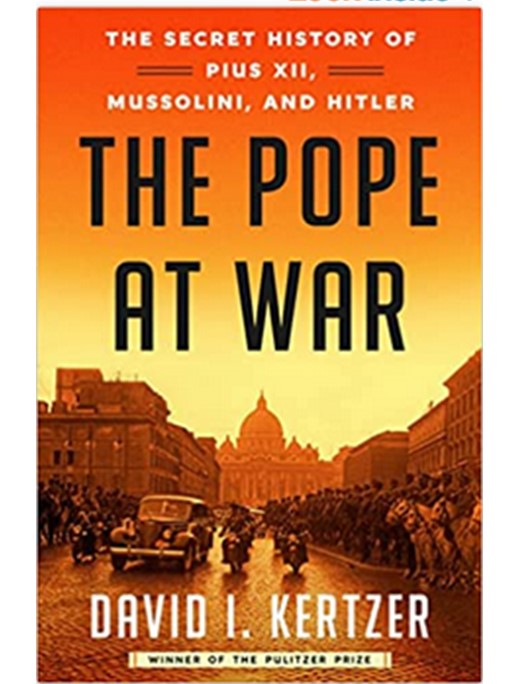
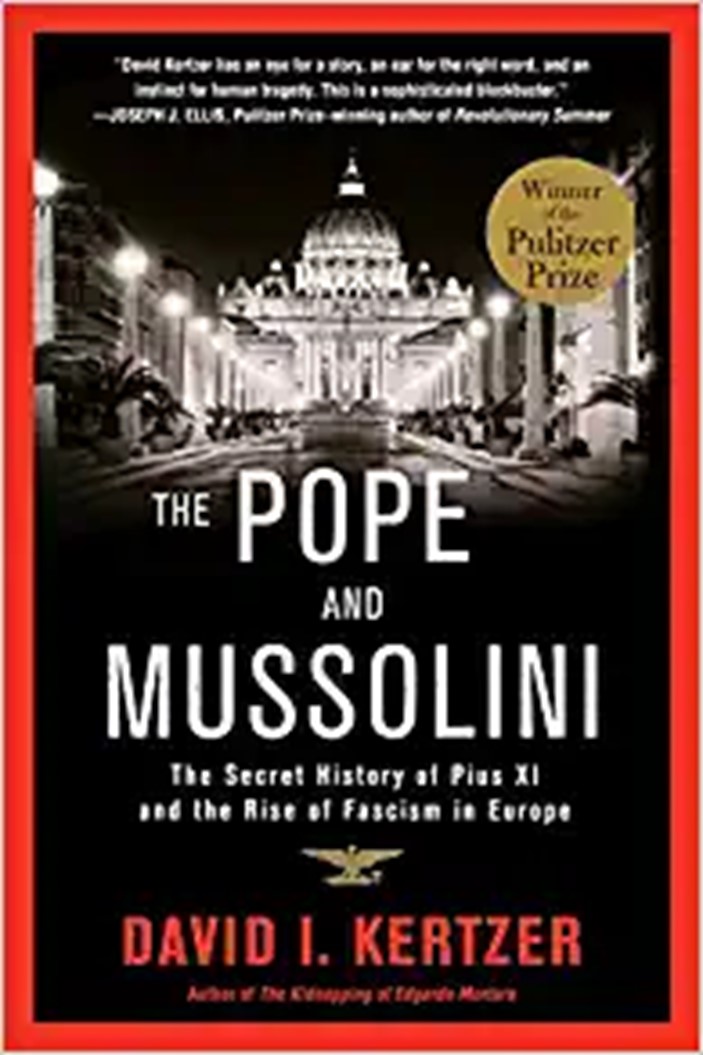
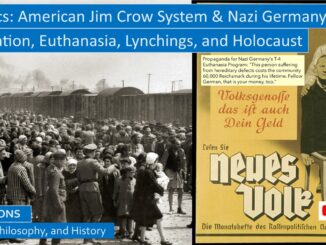
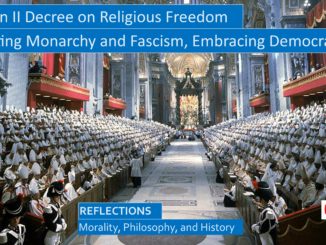
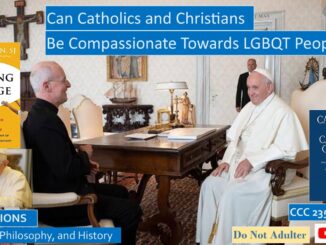
3 Trackbacks / Pingbacks